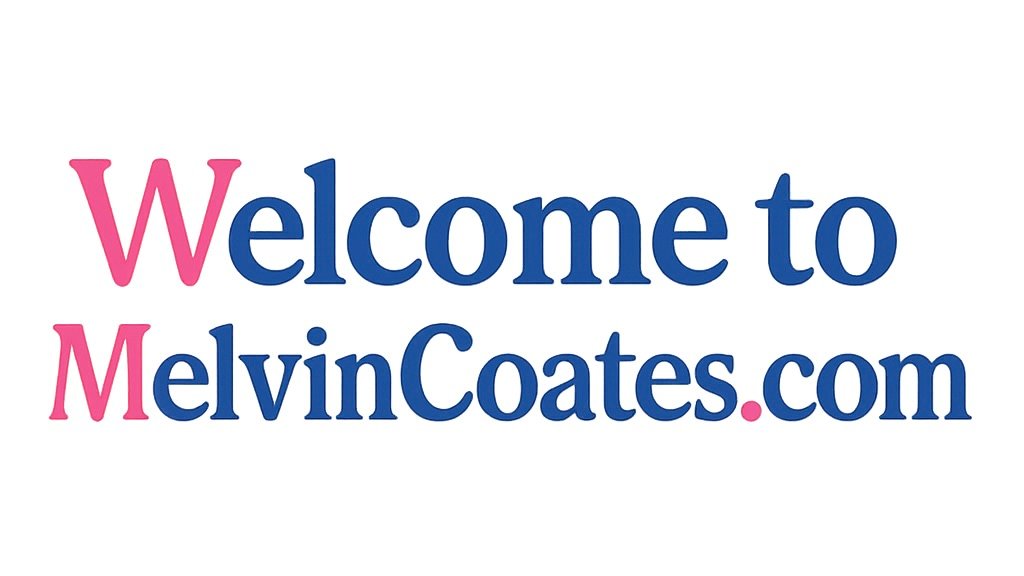When Speaking Truth Becomes Controversial: Pope Leo, Immigrants, and the Moral Mirror
There’s something about truth that rattles cages—especially when it shines a light on our collective conscience. This week, Pope Leo’s words struck such a nerve. When the Holy Father called out the United States for the inhumane treatment of immigrants, I wasn’t surprised by the reaction. What struck me more than his moral clarity was the fury it unleashed among many conservatives. Some took it as an attack on sovereignty or politics, but what it really was—is a challenge to our soul as a nation.
The Pope Said What Needed to Be Said
Let’s be clear—Pope Leo didn’t invent a controversy. He simply did what spiritual shepherds are supposed to do: speak up for the voiceless, the forgotten, the cast off. At the heart of Catholic—and Christian—thinking is the belief that every human life has dignity. Not only in the womb, not only after citizenship papers are signed, but from the moment of breath, regardless of borders. That’s not radical theology; that’s love in action.
The Pope didn’t call out America out of hate, but sorrow—and duty.
Whether it’s Indigenous children ignored or families torn apart at the border, there is no Christian justification for cruelty. When he condemned mass detention, dehumanizing conditions, and the criminalization of desperate families, he wasn’t saying anything new. He was echoing longstanding Catholic social teaching. What’s enraged many isn’t that he’s wrong—but that he’s right.
“Whatever You Did for the Least of These…”
I’ve been in rooms where veterans, immigrants, and working-class folks shared stories of hardship and faith. One man, a Marine like me, told me how his mother risked everything to bring him here from El Salvador. He served two tours in Iraq, only to see his own family set upon by ICE raids while he was deployed. I remember the pain in his eyes: “Melvin, how can the country I fought for treat my family like animals?”
Those stories aren’t exceptions; they’re testaments to who we are, how far we’ve drifted from our ideals. And Pope Leo isn’t anti-American for pointing it out—he’s reminding us of the America we pretend we are.
The Conservative Backlash: Political Pride Over Moral Reckoning
Cue the chorus of conservative commentators crying foul: “Stay out of politics, Pope!” “He’s not American, what does he know?” “He’s just pushing globalist nonsense.”
That kind of noise isn’t about patriotism—it’s about dodging accountability. When faith requires us to act differently, we’re quick to redefine that faith to suit our politics. But the truth is, morality doesn’t stop at the border wall.
It’s ironic. Many of those screaming “Christian nation!” one minute are furious when the church calls for compassion the next. But Christianity isn’t cafeteria-style—it doesn’t work to selectively ignore parts that don’t align with a political agenda.
Why We’re So Uncomfortable With Accountability
As a black veteran who’s faced both institutional neglect and community struggle, I understand the discomfort that comes when someone holds up a mirror. It’s easier to get angry at the mirror than face what it reflects.
Pope Leo isn’t the problem. Our silence is. Our double standards are.
Like when American pastors stay quiet about kids in cages but rage about moral decline if someone kneels during a national anthem. Like how we obsess over border crossings more than we care about what people are fleeing from—violence, famine, or dictatorship. That’s not theology. That’s fear draped in a flag.
The White House Pushback: Missing the Point
The official White House response tried to defend border enforcement as “necessary to preserve the integrity of citizenship.” But nowhere in the Pope’s remarks did he argue against law and order. He challenged the absence of humanity within those laws.
This isn’t about open borders versus closed ones. It’s about how we treat people in our custody. You can enforce laws and support secure borders—and still treat others like human beings.
That’s what angers me. Instead of grappling with the moral weight of his message, leaders reduced it to a policy debate.
We Don’t Need More Outrage. We Need More Soul.
In moments like this, I ask myself a simple question I learned from my faith and my service: Are we living up to what we claim to be?
If we believe in liberty, justice, and human dignity, then we ought to live in a way where our treatment of the most vulnerable doesn’t betray those values.
This isn’t about whether you like the Pope or not. This is about whether we can hear truth when it doesn’t come packaged in our preferred language, accent, or ideology.
The Pope isn’t poking at America
